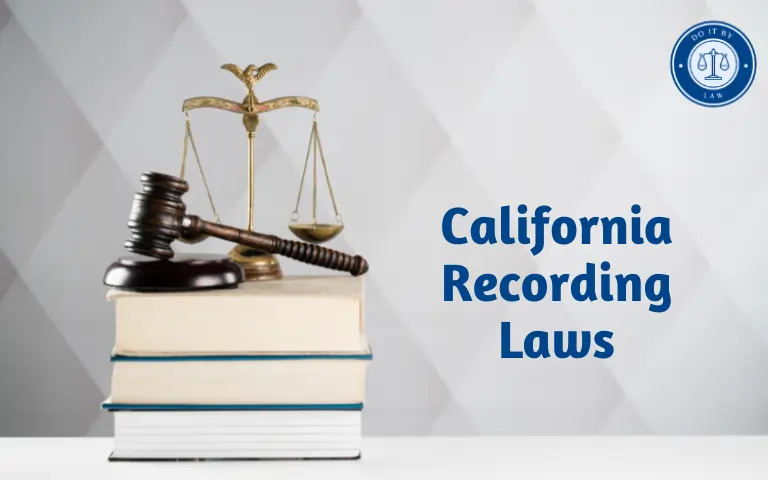California Diesel Laws: What You Need to Know
California State has extensive and complex regulations related to diesel vehicles, engines, and equipment. Understanding the key California Diesel Laws, who they apply to, what’s required, penalties for violations, recent changes, and ongoing debates can help residents, businesses, and visitors follow the law and operate diesel vehicles in the state.
When Were the Laws Enacted and Why Do They Exist?
- California began enacting diesel regulations in the 1960s to address air pollution.
- Additional laws were passed in the 1990s and 2000s to meet federal Clean Air Act standards.
- The state has severe air quality issues, diesel exhaust contains harmful emissions.
- Regulations aim to reduce emissions from on-road and off-road diesel sources.
- Laws have evolved to keep pace with technology and environmental science.
Who Do California Diesel Laws Apply To?
- Drivers and owners of diesel pickup trucks, vehicles under 14,000 lbs.
- Owners of diesel buses, large trucks, and heavy equipment over 14,000 lbs.
- Fleet owners with diesel trucks, buses, and construction/farm equipment.
- Manufacturers and sellers of diesel vehicles, engines, and parts.
- Anyone operating diesel vehicles or equipment in California.
Key Provisions, Requirements, and Restrictions
Diesel Pickup Trucks and Smaller Vehicles:
- Must be model year 2010 or newer or have a particulate filter installed.
- Subject to smog checks and smoke opacity tests.
- Must use ultra-low sulfur diesel fuel.
- Older trucks must be retrofitted with diesel particulate filters that capture 85% of emissions.
Large Diesel Trucks and Buses:
- Heavier trucks must meet rigid engine emissions standards laid out by CARB.
- Filters, catalysts, and other technologies are required to curb nitrogen oxide and particulate emissions.
- Fleets must phase in new cleaner trucks meeting the latest standards.
- Idling is limited to 5 minutes, both in-state and out-of-state trucks.
Off-Road Diesel Equipment:
- Construction, mining, agriculture, and industrial equipment must meet tiered emissions standards.
- Delayed compliance schedule based on fleet size – gives time to upgrade equipment.
- Idling restricted to 5 minutes applies to rental equipment.
- Reporting and labeling requirements for large fleets.
Other Provisions:
- In-use diesel vehicles subject to smoking vehicle law – excess smoke prohibited.
- Tampering with emissions controls is prohibited.
- Low sulfur diesel mandate.
- Reformulated, cleaner diesel is required.
- Zero-emission truck mandates coming soon for the largest fleets.
Penalties for Violating California Diesel Laws
- Financial penalties from $300 up to $25,000 per violation per day.
- Misdemeanor charges for tampering, and violating truck regulations.
- Noncompliance can lead to loss of registration, and inability to operate in the state.
- Substantial penalties for manufacturers violating emissions standards.
- Trucks can be turned away at ports, and distribution centers for violations.
California Diesel Laws Recent Changes and Proposed Updates
- Tighter particulate filter requirements for diesel pickup trucks as of 2020.
- Stricter nitrogen oxide standards for heavy-duty trucks were implemented in 2010.
- Upcoming changes to fleet purchasing requirements under the Advanced Clean Truck rule.
- Future zero-emission truck mandates are proposed for the largest fleets by 2035.
- Changes to emissions warranty periods and reporting requirements.
- Expanded oversight of emissions-related electronic control units.
- Continued push to enhance enforcement via roadside monitoring.
California Diesel Laws Controversies, Debates, and Challenges
- Complex regulations create compliance difficulties, especially for small fleets.
- Concerns about cost burdens on truck owners impact consumers.
- Questions about the reliability of emissions control technologies like diesel particulate filters.
- Difficulty meeting nitrogen oxide standards while improving fuel efficiency.
- Frustration with out-of-state trucks not meeting California standards.
- Pushback from manufacturers about constantly evolving standards.
- Need improved enforcement, especially for off-road equipment.
- Equity concerns about the impact on low-income, disadvantaged communities.
Conclusion
Complying with California’s extensive diesel laws can be complicated for vehicle owners and operators, but the regulations exist to address urgent air quality and public health issues. Staying updated on the changing standards, understanding what’s required for different vehicle classes, installing necessary upgrades, and avoiding penalties are keys to following the law. There are still debates around impacts and implementation, but overall the goal is to clean up diesel emissions and their substantial impacts on Californians’ health and the environment.
Frequently Asked Questions on California Diesel Laws
References:







